 |
| May 19, 2022 |
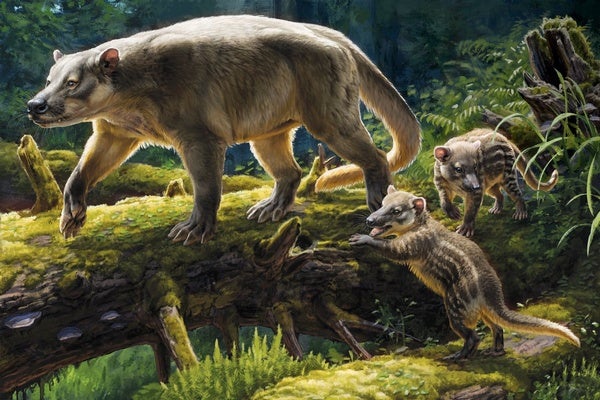 |
| |
| |
| Medicine A Deluge of New Drugs for COVID Two years into the pandemic, the COVID-19 drugs pipeline is primed to pump out novel treatments—and fresh uses for familiar therapies. | | By Heidi Ledford,Nature magazine | | | |
| |
| |
| |
| |
| |
| Medicine Mars Mission Could Bring Health Benefits on Earth Flying to space takes its toll on the human body, and this has spurred new research on radiation and microgravity, as well as advances in remote medicine and telehealth, all of which have potential benefits for people on Earth | | By Marion Renault,Nature Medicine | | | |
| |
| |
| |
FROM THE STORE
 | | | |
FROM THE ARCHIVE
 | | The Ascent of Mammals Recent fossil discoveries reveal that evolution began laying the groundwork for their rise to world domination long before the dinosaur-killing asteroid cleared the playing field By Stephen Brusatte,Zhe-Xi Luo | June 2016 | | |
LATEST ISSUES
 |
| |
| Questions? Comments?  | |
| Download the Scientific American App |
| |
| |




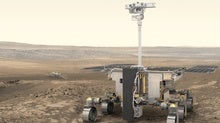
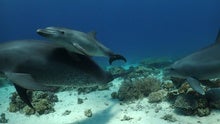
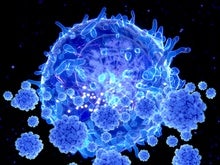


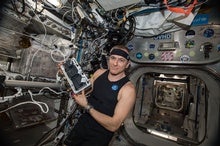


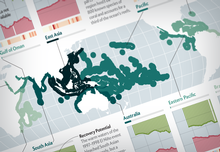
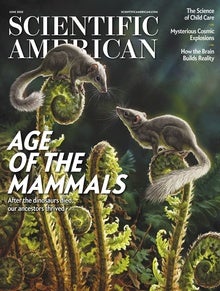

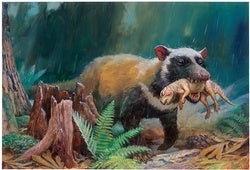
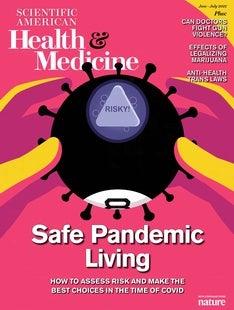

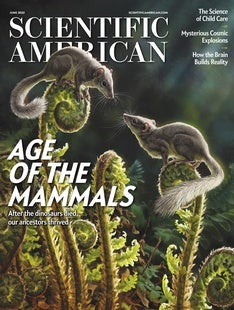

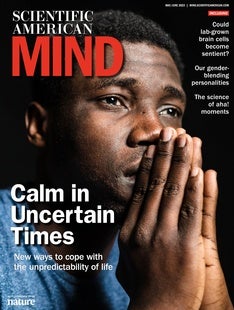



Comments
Post a Comment